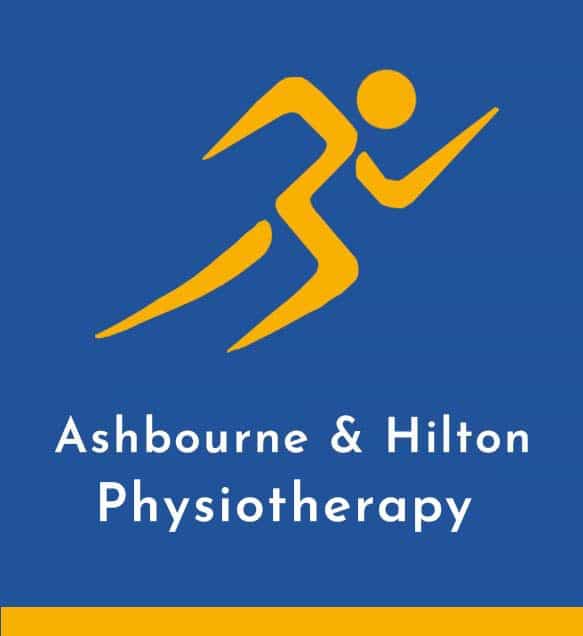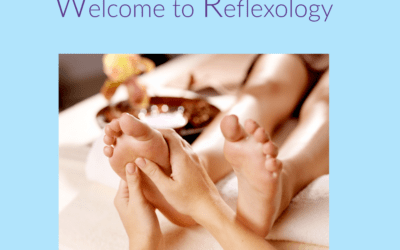Well it’s a New Year and often a time for us all to reflect on what’s gone before but more often, what lies ahead……………..
2022 has certainly had it’s challenges and 2023 is unlikely to be a breeze. Us humans are pretty resilient but there are things we can do to help us to look after our mental health.
At our Physio Centres we often encounter patients whose mental health is impacting on their physical problem and vice versa. Conversations around this can be hugely beneficial and it’s good for us too to take stock of the balance in our own lives. I was reminded of the importance of these subject on a recent excellent course on mental health awarenesss run by an organisation called “Harmless” funded through Derbyshire County Council (Home – Harmless).
There are 2 sections of the 5 ways that I know are my weak points and I will be addressing in 2023 – what would yours be?
Everywhere you look at this time of year there are people telling us what we should be doing and how we should be doing it which brings it’s own pressures and stresses. We wanted this blog to just offer some structure to anything you might want to approach in 2023 – food for thought?
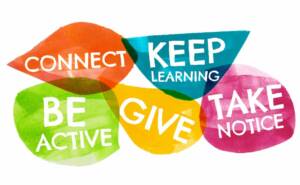
1 Connect
Connect with the people around you. With family, friends, colleagues and neighbours. At work, home, school or in your local community. Think of these as the cornerstones of your life and invest time in developing them. Building these connections will support and enrich you and them every day. When you start looking there is loads going on in our local communities where you can meet people with similar interests – often opportunities for making connections come from starting up spontaneous conversations on a bus or in a queue or just with a smile. If you feel you need more help you could ask at your local GP practice about Social Prescribers who can be a massive support if you are struggling to get started.
2 Be active
Step outside. Go for a walk or run, cycle, play a game, garden, dance. Exercising makes you feel good. Most importantly, discover a physical activity you enjoy and that suits your level of mobility and fitness. There is more on being active later below…..
3 Take notice
Paying more attending to the present moment – to your own thoughts and feelings, and to the world around you – can improve your mental wellbeing. Sometimes the past haunts our thoughts and sometimes we worry about the future but the present moment is here to be made the most of and enjoyed to the fullest possible. Exploring mindfulness or mediation might help you with this – perhaps try to ‘calm’ app. see below.
4 Keep learning
Try something new. Rediscover an old interest. Sign up for that course you always wanted to do. Take on a different responsibility at work. Fix a bike. Learn to play an instrument or how to cook your favourite food. Set a challenge you will enjoy achieving. Learning new things will make you more confident as well as being fun and stimulating/energising.
Have a look at Derbyshire County Council Adult Education Courses here:
https://www.derbyshire.gov.uk/education/adult-education/find-course/qualifications-skills/qualifications-and-skills.aspx
5 Give
Do something nice for a friend or a stranger. Thank someone. Smile. Volunteer your time.
https://www.derbyshire.gov.uk/community/derbyshire-directory/volunteers/become-a-volunteer.aspx
Join a community group. Look out, as well as in. Seeing yourself, and your happiness linked to the wider community can be incredibly rewarding and creates connections with the people around you. And don’t forget to allow people to ‘give’ to you if someone offers their help or company, take them up on it with a smile and thanks – this may form part of their plan to well-being!
Information on The Five Ways to Wellbeing
https://www.derbyshire.gov.uk/social-health/health-and-wellbeing/mental-health-and-wellbeing/emotional-health-and-wellbeing/emotional-health-and-wellbeing.aspx
Five Ways to Wellbeing video

Calm in brief : provides meditation techniques for sleep and stress reduction.
As well as guided Daily Calm sessions, which help you unwind and refocus your attention, there are programmes for intermediate and advanced users. These are music, soothing sounds, mindful movement and meditation option.
There are also bite-sized mini sessions including 1 minute exercises and sleep stories to help those who struggle to get to sleep or stay asleep.
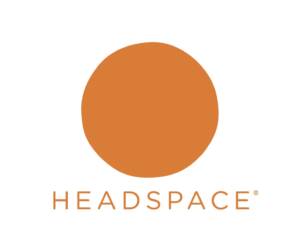
Headspace in brief: provides guided meditations, sleep stories, breathing techniques and more
The app is a great choice if you want to learn the essentials of meditation and mindfulness. Sessions are provided in 3,5 and 10 minute chunks that are easy to follow, focusing on breathing and scanning the body to check in on how you feel.
These sessions are relaxing and less jargon-heavy than some others.
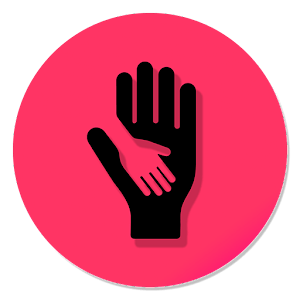
What’s Up? In brief: provides CBT-based support tips
What’s Up? Is a free app utilising some CBT (Cognitive Behavioural Therapy) ad ACT (Acceptance Commitment Therapy) methods to help people cope with Depression, Anxiety, Anger, Stress and more.

SAM in brief: An application to help you understand and manage anxiety.
SAM is free ad will help you to understand what causes your anxiety, monitor your anxious thoughts and behaviour over time and manage your anxiety through self-help exercises and private reflection.
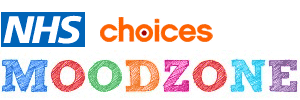
Moodzone NHS website in brief: It offers practical advice, interactive tools, videos and audio guides to help you feel mentally and emotionally better.
Whatever you need to know about coping with stress, anxiety or depression, or just the normal emotional ups and downs of life, the NHS Moodzone is here to help.
Stress, anxiety and depression – Moodzone – NHS Choices (www.nhs.uk)
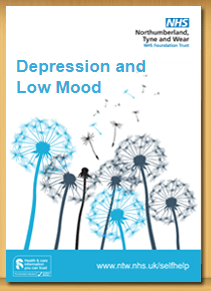
Self-help leaflets NHS website/app in brief: Covering common mental health issues, these guides contain useful tips and hints as well as self-help techniques.
These self help booklets have been written by clinical psychologists with contributions from service users and healthcare staff from Northumberland.
Depression and Low Mood.pdf (ntw.nhs.uk)
With regard to the ‘being active’ remember to focus on something that you enjoy and makes you feel good. Something that you will be able to do regularly and will put a smile on your face – remember it doesn’t have to be traditional exercise. Consider dancing round the kitchen, gardening, walking with friends or a dog – your physio will help you explore suitable options or the most beneficial ones for you if you have physical limitations.
You will probably be aware of the national guidelines on how much movement and exercises we should ideally be undertaking each week it’s always worth a quick reminder (see below) but remember, there will be health benefits from just moving a little bit more so don’t feel you have to make huge changes – small manageable changes that you can stick to as a lifestyle change are the best.
Physical activity for adults and older adults (publishing.service.gov.uk)
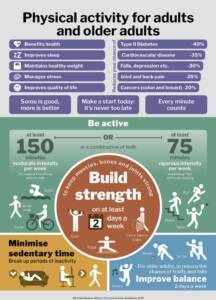
And if you need any extra motivation, just look at the evidence that there is in how exercise can help people with joint and muscle (MSK) problems
Evidence finder – Moving Medicine
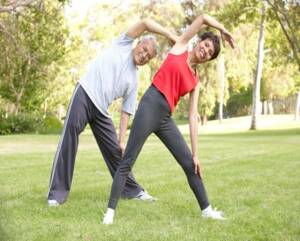
EXERCISE!! It really is the magic pill and it’s generally free!!!

“Wishing you the happiest and healthiest starts to 2023 however you decide to spend your time.”
#ashbournephysiotherapy #ashbournephysio #ashbourne #hiltonphysio #hiltonphysiotherpay #hiltonphysiotherapycentre #welllbeing #exercise #getmoving #physiotherapy #shockwave #sciatica #backpain #lowerbackpain #injuries #sportsinjuries #tornligament #kneeinjury #kneepain #arthritis
